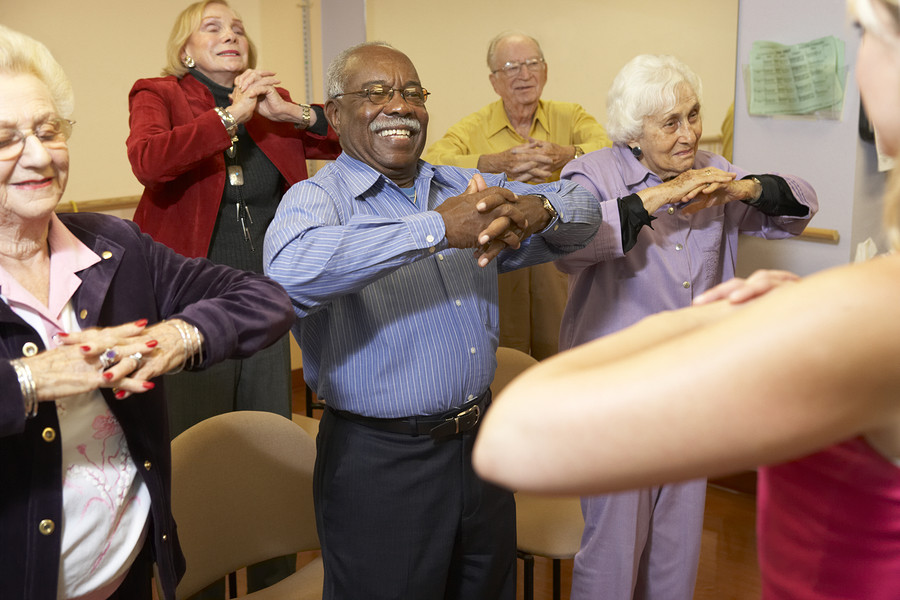One of the biggest mistakes that are made when it comes to making the decision that it’s time for a loved one to transition to a Nursing Home/Skilled Nursing Facility is waiting too long to make the decision. Why do people wait too long? Because it’s a tough decision and conversation to have and rarely is it a well-planned, everyone agrees solution, it’s can turn into a hectic quick decision made in an emergent situation. Often by waiting and avoiding the transition, families miss out on a smooth transition and the benefits that a skilled nursing facility can provide. But worse yet, an accident could cause injuries and possibly a need for surgery or worse.
Here are some benefits of transitioning to a Skilled Nursing Facility:
- Medical services are more easily accessible
- Better nutrition with well-balanced meals
- Social interaction and engaging activities
- Assistance with activities of daily living
- Appropriate exercise and physical activity
Therefore, it’s extremely important to become educated about your options and what facility will be best at fulfilling your needs. Include your loved one in the decision; get their input on what’s important to them with this new living arrangement and if possible, have them accompany you on some visits as you make comparisons. At the least, discuss with them your findings from your visits.
It’s difficult to begin having this conversation with a loved one and family members, but it’s far better to discuss and understand what is wanted and needed. Then you can begin to find options that will make everyone happy and reduce, if not eliminate managing problems once a decision has been made and your loved one has moved in and isn’t happy or they’re not receiving the type of care they need and deserve.
You might begin the conversation after you have noticed that their independence isn’t working to their advantage. Take some of the emotions out of the conversation by taking notes of your observations that things aren’t the way they used to be, be specific and include dates of issues, such as:
- Medications are not being taken as prescribed
- Food in the refrigerator is spoiled, or there is very limited food in the pantry and refrigerator
- Increase in the frequency of falls
- Mobility, in general, has declined and they need more and more assistance and more assistive devices, such as walkers, wheelchairs, lift chairs
- Their health has declined and it’s dangerous to be alone
- They’re not bathing because they’re afraid to fall in the shower or bathtub, but won’t admit it
- Behavior changes
- They have more chronic illnesses, requiring more specialist visits, hospitalizations and more care in their home
With the Seniors Resource Hub Nursing Home/Skilled Nursing Home Comparison Checklist, you can acquire the education to complete a comparison, narrow your list of questions based on your loved one’s specific needs and desires and make the best decision.





